
For many, the aftermath of the COVID-19 outbreak in early 2024 has taken their jobs and life savings. If you’re concerned about making ends meet and losing everything you’ve worked hard for, you aren’t alone. The fact of the matter is that even those with extensive professional experience and educational credentials can find it difficult to become employed again. The more you earn, the higher your cost of living, which means you have a tremendous amount at stake that can vanish in only a few months if you don’t take the right steps.
This guide will offer some suggestions on how you can preserve your financial investments and net worth after being let go from your job. During this difficult time, it is imperative to focus on what you can do rather than sinking into the growing feeling of helplessness. By acting as fast as possible, you can avoid stagnation, fear paralysis and preventable loss. While there will have to be some tough decisions to make, if you put your future stability ahead of your present attachment, you will be able to protect your most valuable assets and rebound more easily.
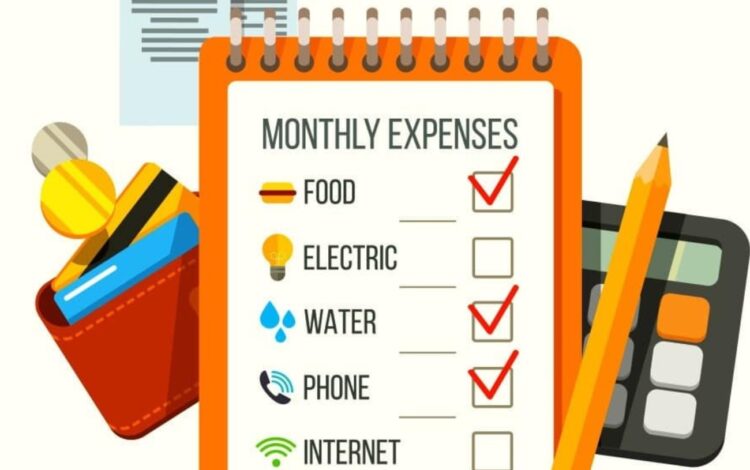
Divide Your Needs from Your Wants
Being financially secure ultimately affords you luxuries that might have come to feel like essentials. But after losing your job, even if you received a generous severance package, you need to discern exactly where your limited funds are going and how to maximize their value. First, list all your monthly expenses. This includes housing, car payments, insurance premiums, utilities, groceries and any memberships or subscriptions. Now, deduct any that are not absolutely essential; this can give you an idea of how much money is being put toward non-essential expenses, and how much you stand to save if you cut them out. Self-discipline goes a long way here, particularly when it comes to buying more expensive brands and small indulgences, like coffee out.
Strive to downgrade subscriptions and plans as much as possible; do you really need premium cable for another $100? You can also check whether your auto insurance policy has coverages you don’t really need and adjust it accordingly. What’s most important is finding ways to preserve your most high-value assets, and this is done by reducing or eliminating anything that is not valuable or able to be easily resumed or replaced at a later time.
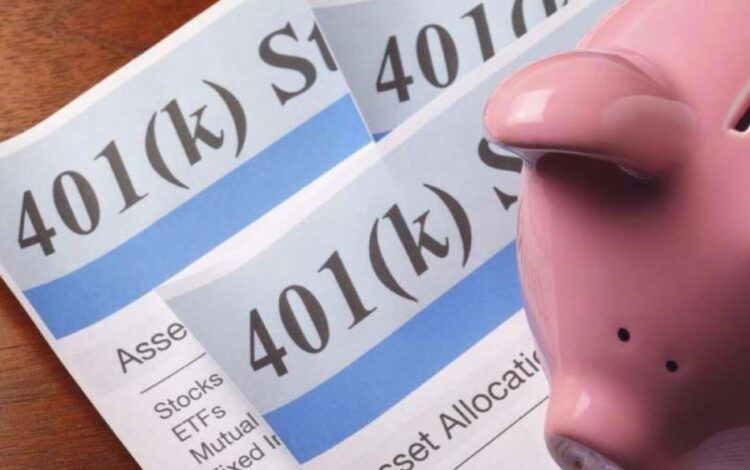
Don’t Cash Out Your 401(k) Yet
While you may not be actively contributing during this time, it’s important to keep your 401(k) employee-sponsored plan going. It should be protected as a long-term investment rather than an emergency aid. You can use ThinkSaveRetire to find the best lender to apply for a payday loan online to cover any costs that have piled up during your unemployment. It may not completely pay off everything, but it can put you in better financial standing than you will be if you impulsively cash out your retirement accounts. Under the CARES Act, however, you can take up to $100,000 from a retirement account without the penalty fees. Anything greater will accrue a 10 percent waiver fee and have three years to pay the taxes on it. This could consequently become a costly decision that you should not choose unless it is a last resort.
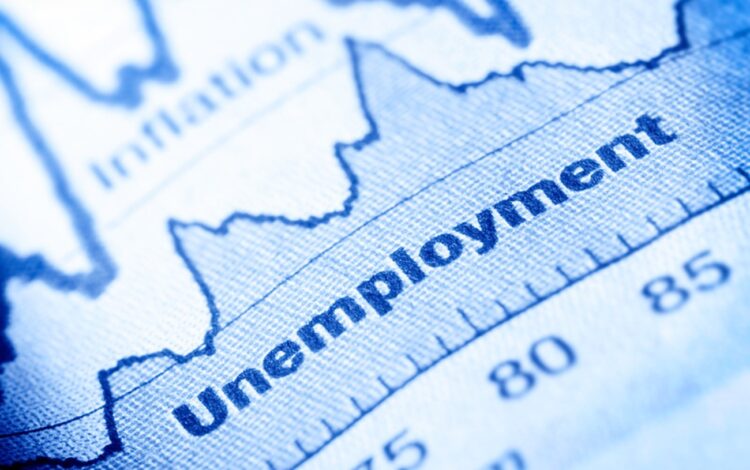
File for Unemployment
Even if you earned six figures, you are still entitled to collect unemployment benefits if you lost your job. This may not provide anywhere close to what you need to stay on top of your expenses, but any income is always better than none. Apply for benefits as soon as possible; application processing has been delayed due to the millions of Americans seeking assistance throughout the country. Do not allow pride or false assurances of getting a new job quickly to dissuade you from applying. Even if you manage to get a new position within a month or two, it is better to have the security cushion of even a small income to count on. If you have several months’ worth of savings, then you can begin to deposit your unemployment benefits and bolster your nest egg as much as possible. The truth is that even a year’s worth of savings can go faster than you imagine when you have no additional income to supplement it; focus on getting help wherever you can.
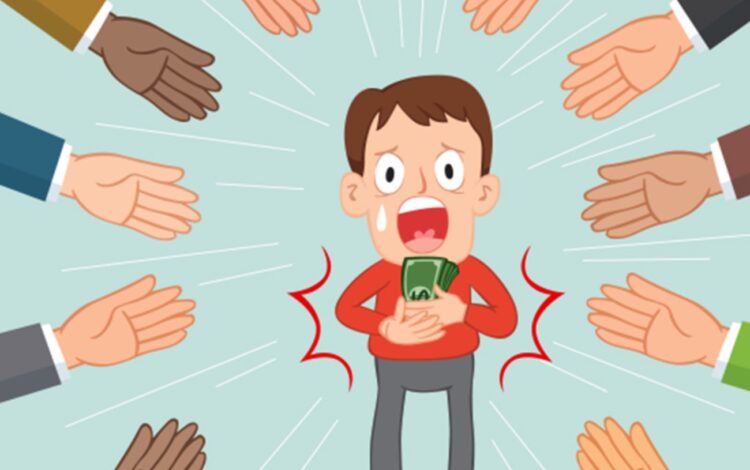
Reach Out to Creditors
If you have any monthly expenses, including credit card debt, loans and other investments, make sure you reach out to the appropriate parties ASAP. Inform them that you have lost your job, tell them what your current budget is, and ask about their deferment options. You may also decide to refinance and take a lower monthly payment for a longer loan term, or consolidate your credit to make it more manageable. The last thing you want is to skip payments or struggle to keep up with a balance you can no longer afford. For those who have multiple small balances lingering, it could be more beneficial to use a portion of your savings to pay these off in full. Reducing expenses also includes debt, and it’s better to eliminate as much as you can from the get-go rather than risk defaulting later.
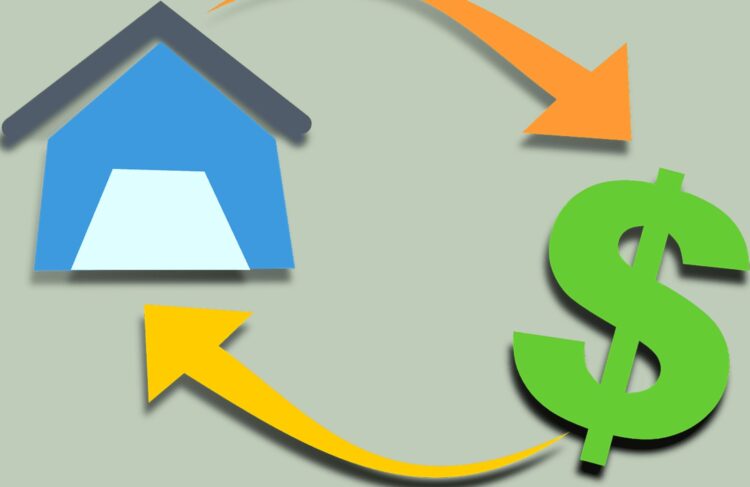
Explore Mortgage Forbearance
Foreclosure has been delayed until December 31, 2024 for all GSE-backed home loans, and you have a right to request mortgage forbearance for up to 180 days if you lost your job or experienced other financial difficulties due to COVID-19. Suspending or reducing the cost of your mortgage can make the difference between keeping your home and being forced to sell or losing it to foreclosure; you will still be required to make up any missed or delayed payments, but many find that putting this expense on hold for a short period allows them to stay financially secure until they find employment again. For most, their home is their biggest and most valuable asset. If you decide not to modify your mortgage in any way, make sure that this is the first expense you calculate and deduct from any savings.











